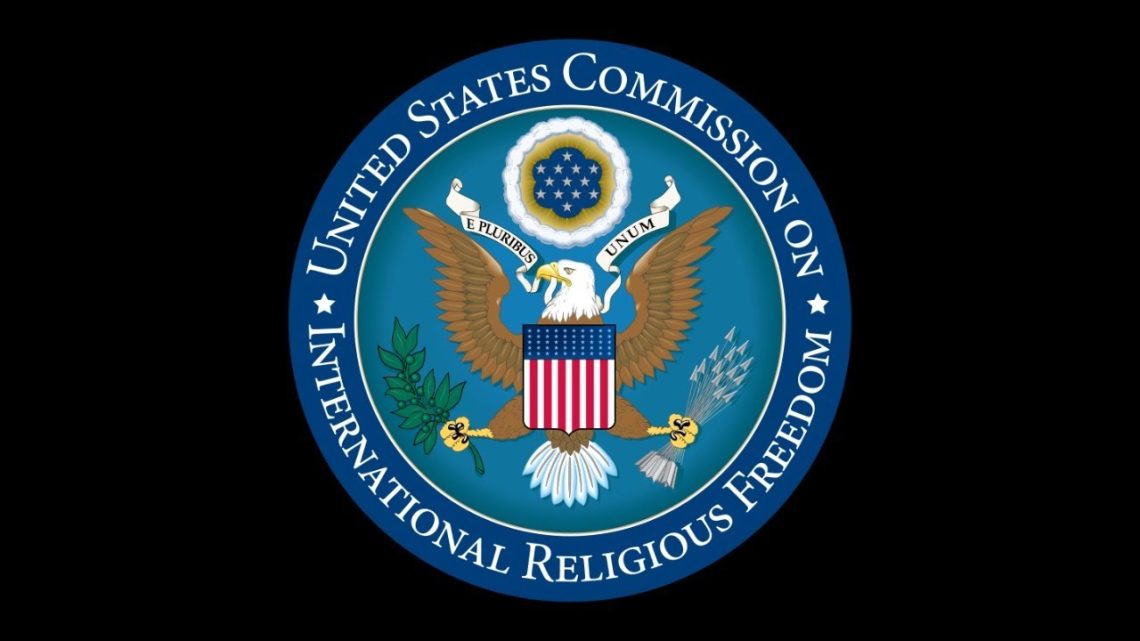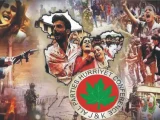
Urgent Global Response Needed as USCIRF Exposes Decline in Religious Freedom in India
October 7, 2024Dr. Ghulam Nabi Fai, Chairman of the World Forum for Peace & Justice, has issued a powerful appeal to the global community. He urges international actors to recognize the alarming findings of the U.S. Commission on International Religious Freedom (USCIRF) regarding declining religious freedoms in India.
The USCIRF’s report, published on October 2, 2024, presents an overview of religious persecution in India. It documents a year marked by violent assaults on religious minorities, arbitrary detentions of religious leaders, and systematic demolitions of places of worship.
The report particularly emphasizes the role of government-backed misinformation and hate speech in inciting violence against these vulnerable communities. Dr. Fai highlights that this situation is especially dire for religious minorities in Indian illegally occupied Jammu and Kashmir (IIOJK), where the impact is deeply felt.
Furthermore, the USCIRF report raises concerns about transnational repression. Notably, Canadian Prime Minister Justin Trudeau has made allegations linking the Indian government to the assassination of Sikh activist Hardeep Singh Nijjar. This revelation adds a troubling layer to the already precarious situation faced by religious minorities.
Dr. Fai implores the global community, especially the Biden Administration, to align their outrage with the realities experienced by the people of IIOJK. He emphasizes that international solidarity is vital in confronting these human rights violations.
India’s government has been criticized for its efforts to conceal its record of religious persecution. Access to media and human rights organizations has been restricted, complicating efforts to obtain accurate information about the situation. In this context, Dr. Fai calls on Professor Ghanea to advocate for an independent investigation into conditions in Kashmir.
He stresses that a lack of transparency would only confirm the severity of the human rights abuses occurring in the region. Dr. Fai also highlights the systematic nature of religious persecution, citing the banning of Islamic schools and governmental control over religious trusts aimed at erasing the Islamic identity of IIOJK.
He said, addressing the ongoing persecution of Muslims and other religious groups in IIOJK is imperative. Dr. Fai argues that the time has come to shed light on the human rights violations that persist in India.
The urgency of this situation cannot be overstated. Religious freedom is a fundamental human right that is increasingly under threat. As global citizens, we must raise awareness and advocate for those suffering under oppressive regimes.
Dr. Fai’s call to action serves as a reminder of the crucial need for international intervention and solidarity. The world must take a stand against the religious persecution occurring in India and support the rights of all individuals to practice their faith freely. Only through collective action can we hope to bring about meaningful change in the region.

